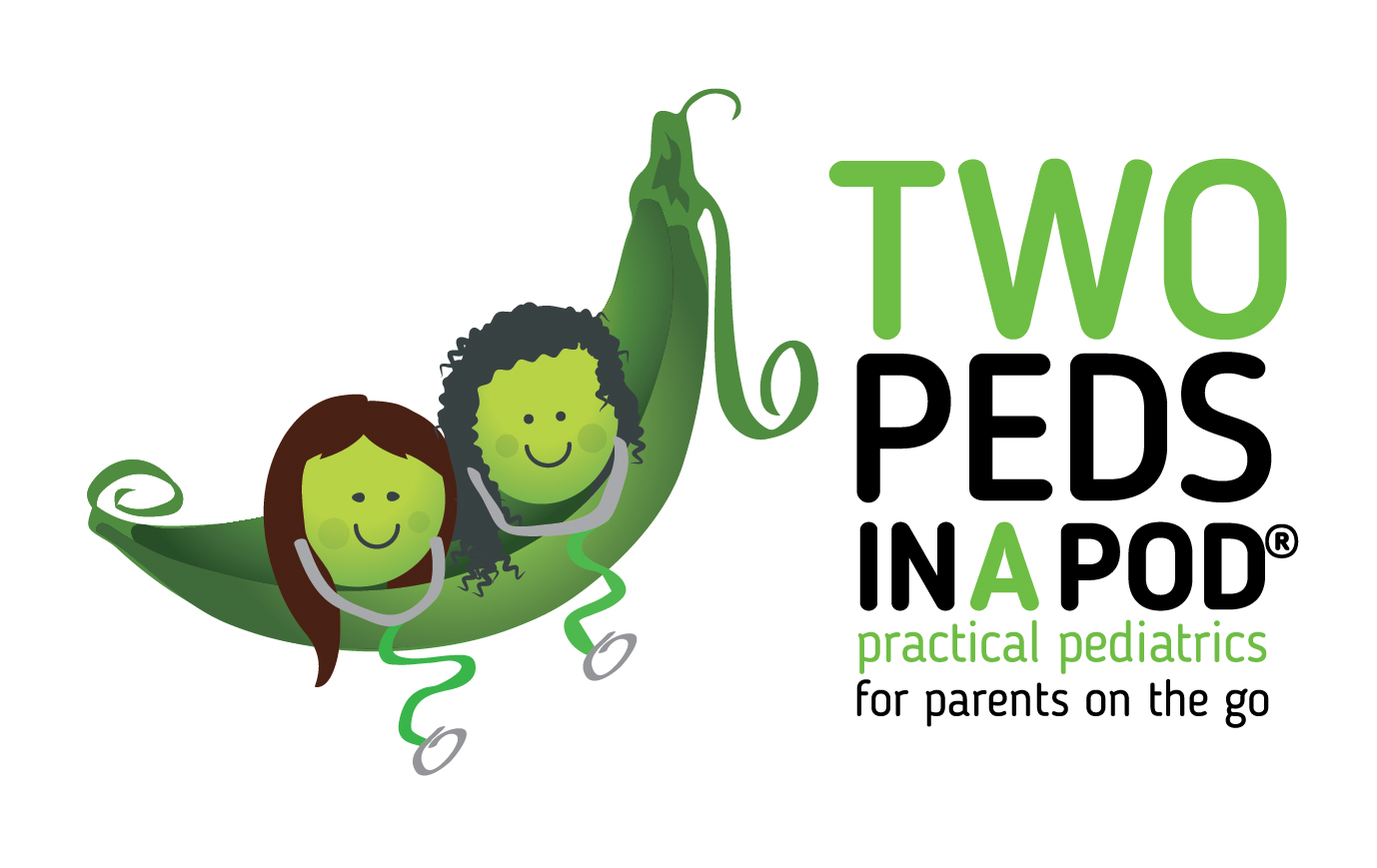Parents often ask how they can tell if their child has The Flu or just a common cold. Here’s how:
A cold, usually caused by one of many viruses such as rhinovirus, starts out gradually. Think back to your last cold: first your throat is scratchy, then the next day your nose gets stuffy or then starts running profusely, then you develop a cough. Sometimes during a cold you get a fever for a day or two. Sometimes you get hoarse, losing your voice. Usually kids still feel well enough to play and attend school with colds, as long as their fevers stay below 101 and they are well hydrated and breathing without difficulty. The average length of a cold is 7-10 days although sometimes you feel lingering effects of a cold for 2 weeks or more.
The flu, caused by influenza virus, comes on suddenly and basically makes you feel as if you’ve been hit by a truck. Flu always causes fever of 101 or higher and some respiratory symptom such as runny nose, cough, or sore throat (many times, all three at once actually). Children, more often than adults, sometimes have vomiting and/or diarrhea with the flu along with their respiratory symptoms. Usually the flu causes total body aches, headaches, and the sensation of your eyes burning. The fever usually lasts 5-7 days. All symptoms come on at once; there is nothing gradual about coming down with the flu.
Fortunately, vaccines against the flu can prevent the misery of coming down with the flu. In addition, vaccines against influenza save lives by preventing flu related complications that can be fatal such as flu pneumonia, flu encephalitis (brain infection), and severe dehydration. Hand washing also helps prevents spread of flu as well as almost every other disease of childhood. Please see our blog post on flu posted on September 6, 2009 for more information on prevention and care of children with flu.
The much touted “Tamiflu” is a prescription medication that can ameliorate the effects of the flu. In an otherwise healthy person, this medicine can shorten duration of symptoms by ½ to 1 day. Are you underwhelmed by this fact? So is the medical profession, which is why we reserve this medicine for people ill enough to need hospitalization or who we know have underlying medical conditions, because this medicine has been shown to decrease hospital stays and complication of flu in people who have asthma, diabetes, immune system defects, and heart disease.
Because of all the hype over the novel H1N1 flu (again, please see our blog post on this subject) I am already getting many anxious phone calls and office visits from parents who are worried that their child might have “the flu” when their children are having runny noses and some cough but no fever. Hopefully this blog post will help you sort out your child’s symptoms.
Julie Kardos, MD



